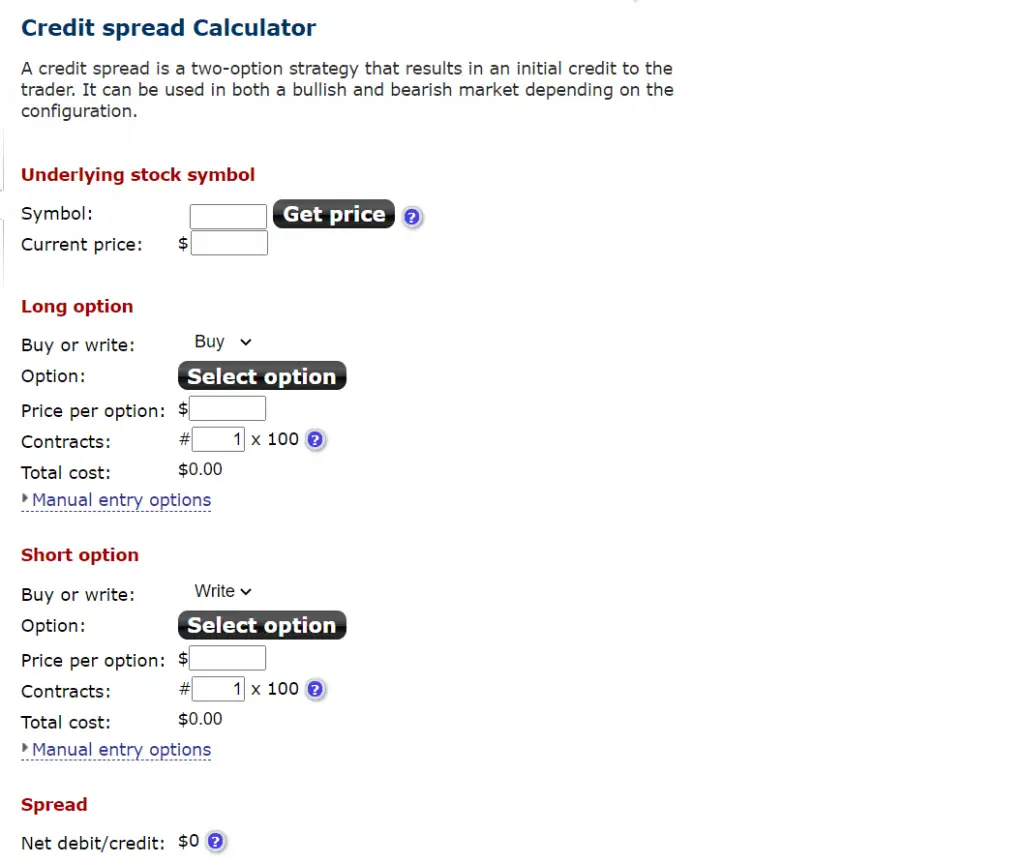
Generally, QCCs are options written with an expiration date greater than 30 days and a strike price that is not "deep-in-the-money" (see IRS Publication 550 to learn more). Qualified covered calls (QCCs) are not subject to the straddle rules: The IRS groups covered calls into two categories, qualified or unqualified, and each is taxed differently.Note: Any loss that exceeds the unrecognized gain from an offsetting position can generally be deducted. Any losses are included in the basis of the remaining position and eventually recognized when the final position is closed. Losses on straddles are generally deferred: If only one side of a straddle position is closed, any realized losses generally aren't deductible until the offsetting position is also closed out.In such cases, different tax rules apply: For example, if you held some $80 stock in XYZ corporation and bought a put option with a $70 strike price to protect against a price drop, you have created a straddle in the eyes of the IRS.

The IRS groups most of these complex options strategies together and refers to them as a "straddle."įor tax purposes, a straddle occurs when you open an options position that offsets or substantially reduces the risk of loss for another position you're also holding. Unfortunately, this is another situation where the IRS does not use the same language as investors, and that can lead to some confusion. You can use options to pursue a variety strategies, among them writing covered calls, using spreads, straddles, strangles, butterflies, etc. The table below provides an overview, but be aware that if you're doing more complex options transactions, such as spreads or butterflies, the IRS may apply different tax rules (see below for more details). How they're taxed depends on whether you have a long position (where you're the buyer of the option) or a short position (where you're the seller/writer of the option). Puts or calls on individual stocks or ETFs that hold stocks are some examples. These are options contracts on equities that can be traded on the open market. To learn more about employee stock options, see How Should Equity Compensation Fit Into Your Financial Plan. Generally, the gains from exercising non-qualified stock options are treated as ordinary income, whereas gains from an incentive stock option can be treated either as ordinary income or can be taxed at a preferential rate, if certain requirements are met. There are two primary types: non-qualified stock options and incentive stock options. These are generally options contracts given to employees as a form of compensation and aren't traded on the open market. 429 Traders in Securities.)įor tax purposes, options can be classified into three main categories:
OPTIONS PROFIT CALCULATOR ROBINHOOD PROFESSIONAL
Those in the "business of trading" might want to consider meeting with a tax professional and reading IRS publication 550 and IRS Topic No.

To be considered a trader by the IRS one must be in the "business of trading," which basically means trading is your day job. For example, some people who consider themselves to be "traders" (aka day traders or active traders) are more likely to be considered "investors" by the IRS. IRS terminology doesn't always match the language used within the financial industry.


Environmental, Social and Governance (ESG) Mutual Funds.Benefits and Considerations of Mutual Funds.HOOD Price Action: Robinhood shares are up 3% to $10.74 in after-hours trading Wednesday versus a 52-week trading range of $6.81 to $16.49. “We’re now starting to see meaningful traction on a number of the products we launched, which gives us confidence they can grow into significant business lines over time,” Tenev said. The company said the plan to buy back the shares shows the board’s confidence in the plan ahead. Robinhood also announced its board has authorized to pursue the purchase of the 55 million shares that were previously bought by Emergent Fidelity Technologies, related to a stake in the company owned by FTX co-founder and former CEO Sam Bankman-Fried. Tenev said this will help to ensure the company has “as many resources as possible to deliver value to customers and shareholders.” The company announced Wednesday that Tenev and Robinhood co-founder Baiju Bhatt are cancelling $500 million of share-based compensation.


 0 kommentar(er)
0 kommentar(er)
